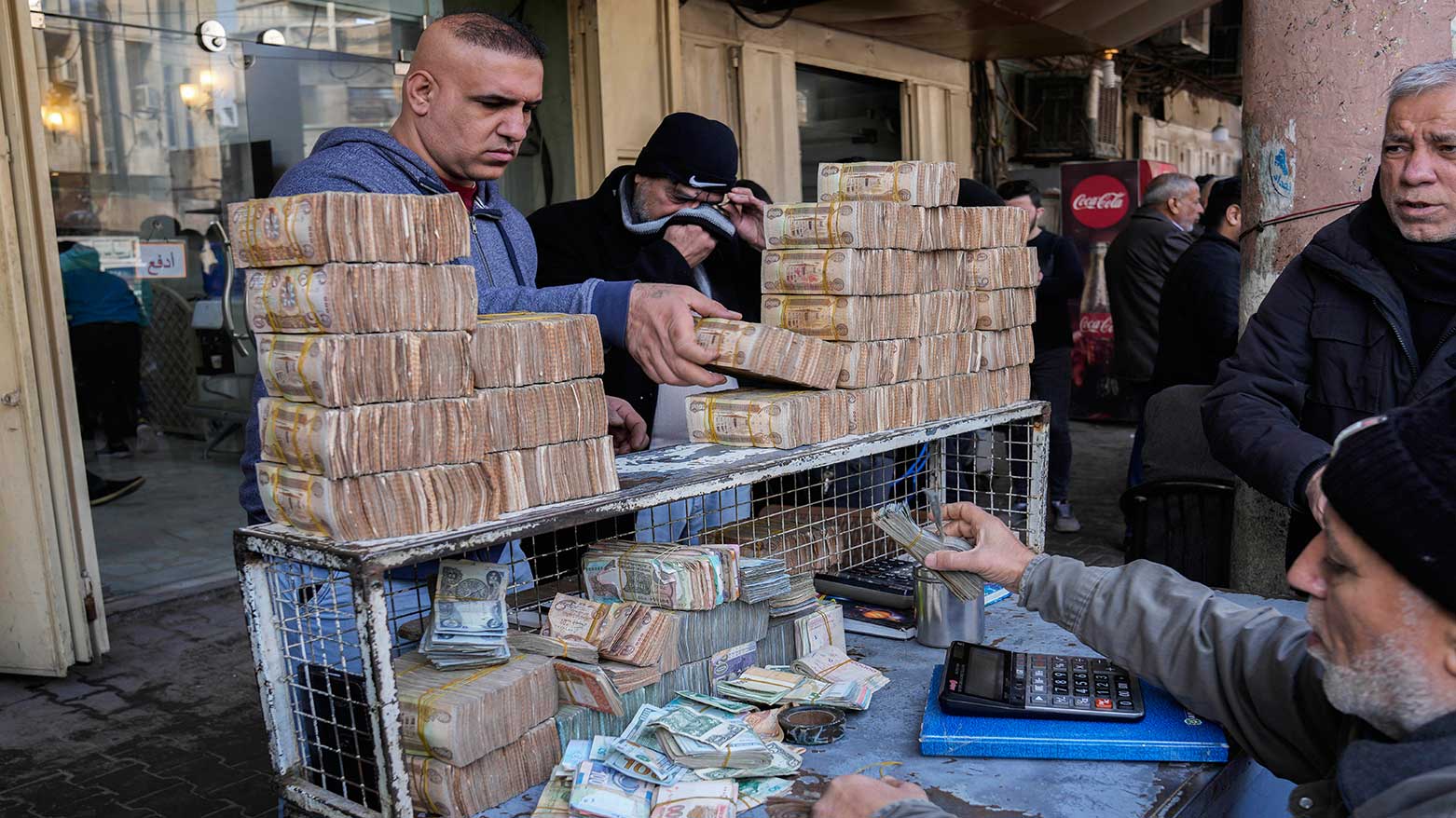Iraq’s Economy Loses Billions Amid Alarming Gaps in Customs Revenue
Despite $300 billion in import transfers over five years, Iraq’s customs system captures less than 3% in returns, raising alarms over deep-rooted corruption and structural flaws

ERBIL (Kurdistan24) — Each year, Iraq transfers an estimated amount in the tens of billions of US dollars abroad via international remittances—primarily aimed at importing goods and services. However, the volume of these transfers sharply contrasts with the country’s actual revenues from its border crossings, according to economists and official data, revealing a deepening economic inefficiency.
In the past five years alone, over $300 billion has been sent out of Iraq for trade-related imports. Yet, this massive outflow has yielded minimal economic benefit to the country, say financial experts, with official customs revenues remaining disproportionately low.
Manar Obeidi, President of Iraq Future Center for Economic Research and Consultation, published data indicating that from 2019 to 2024, Iraq officially transferred more than 415 trillion Iraqi dinars (approximately $311 billion) abroad to fund imports. However, the returns to the national economy have been meager.
Obeidi called the comparisons “shocking,” citing data from the Ministry of Finance showing that over the same period, customs revenues amounted to just 8.5 trillion dinars—barely 2% of the total value of imports.
“The gap is not merely a result of tariff reductions or exemptions,” Obeidi stressed. “It reflects systemic failures and deep-rooted corruption within Iraq’s customs system.”
Further exacerbating concerns, the latest figures from the Ministry of Finance also show a sharp decline in Iraq’s non-oil income as a proportion of total revenue. In 2024, non-oil revenues accounted for less than 10% of the total federal budget. The Iraqi Finance Ministry data shows that the general revenues of Iraq in 2024 were 140 trillion Iraqi dinars (IQD) (approximately $107 billion). 91% of this amount was from oil revenues.
Experts warn that unless structural reforms are urgently enacted to overhaul Iraq’s border customs, financial monitoring, and anti-corruption mechanisms, the country will continue to hemorrhage critical national wealth while failing to meet the development needs of its population.
